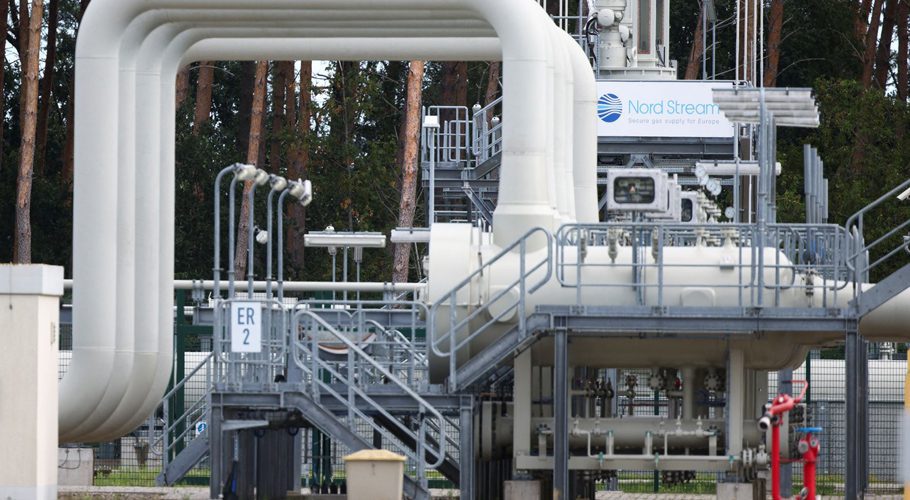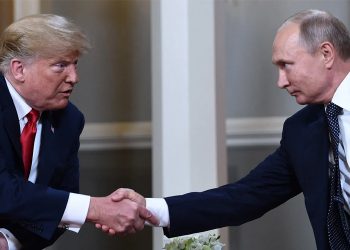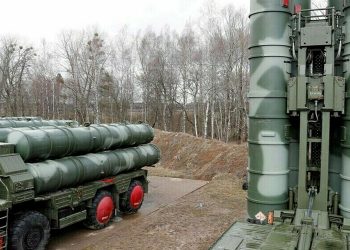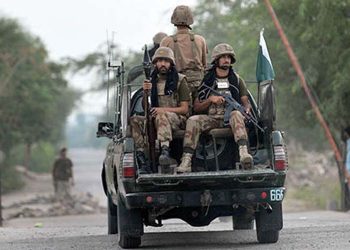Rich countries agreed on Friday to try to cap the global price of Russian oil, while Russia delayed the re-opening of its main gas pipeline to Germany, as both sides raised the stakes in an energy war between Moscow and the West over Ukraine.
Russia’s state-controlled energy giant Gazprom (GAZP.MM) blamed a technical fault in the Nord Stream 1 pipeline. But the high-level maneuvers in energy politics underlined the pervasive impact of the conflict, far beyond Ukraine’s borders.
The announcements came as Moscow and Kyiv traded blame over their actions on one of the war’s most dangerous frontlines – the Russian-occupied Zaporizhzhia nuclear power plant, where U.N. inspectors arrived a day earlier on a mission to help avert a catastrophe.
Gazprom said it could no longer provide a timeframe for restarting deliveries through the pipeline, an announcement that will deepen Europe’s difficulties securing fuel for winter at a time when it faces an energy-driven surge in living costs.
Nord Stream 1, which runs under the Baltic Sea to supply Germany and others, had been due to resume operating after a three-day halt for maintenance on Saturday at 0100 GMT.
Moscow has blamed sanctions, imposed by the West after Russia’s invasion of Ukraine, for hampering routine operations and maintenance of Nord Stream 1. Brussels and Washington accuse Russia of using gas as an economic weapon.
The United States said it has been collaborating with Europe to ensure sufficient supplies are available for winter.
Earlier on Friday, finance ministers from the Group of Seven wealthy democracies – Britain, Canada, France, Germany, Italy, Japan and the United States – said a cap on the price of Russian oil was meant to “reduce … Russia’s ability to fund its war of aggression whilst limiting the impact of Russia’s war on global energy prices” which have soared.
The Kremlin – which calls the conflict “a special military operation” – said it would stop selling oil to any countries that implemented the cap.


































